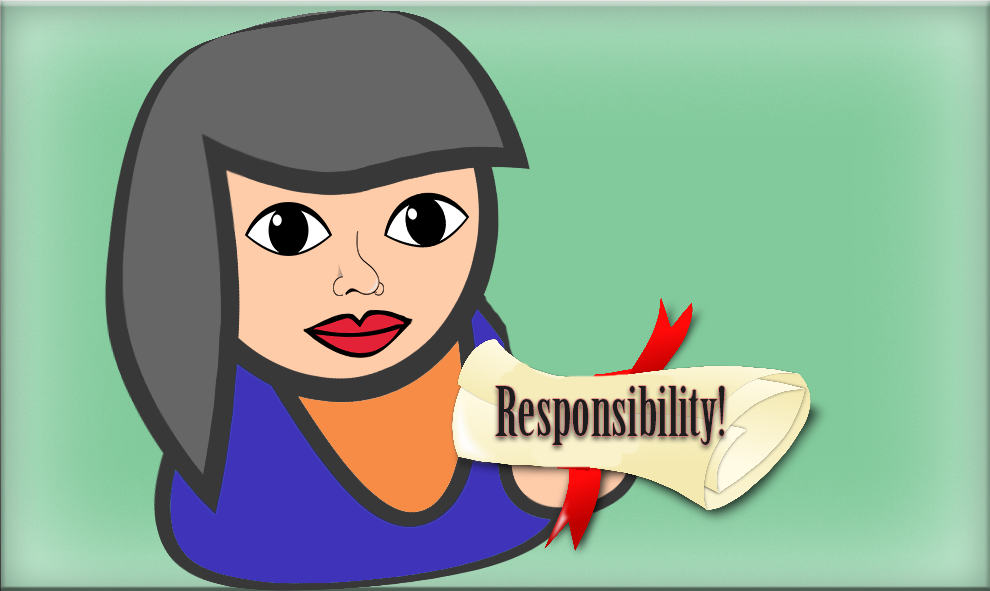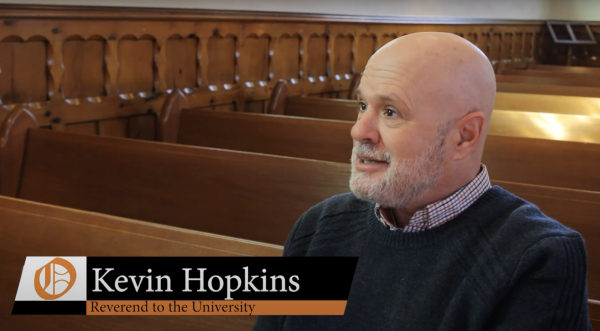Advising program: Is it time for a change?
Graphic by Alyssa Glover.
Why did I choose Baker? What could possibly have compelled a scholarship student to attend a university with the private-school price tag? The answer is simple: I wanted community and support. At Baker, I knew I was being offered a helping hand at every turn with familiar faces that would guide me throughout my college experience. What I’ve realized after my four years on campus is that crossing the fine line between community and coddling can cause more trouble than relying on my own two feet.
Our mission statement here at Baker can be found on the campus website and states, “Baker University is committed to assuring student learning, and developing confident, competent and responsible contributors to society.” One of the ways Baker goes about achieving that goal is through its academic advising. But what happens when the program sets students back rather than propelling them toward graduation?
Early in their academic careers, students at Baker are usually given an advisor currently teaching in the field of their major. These advisors are chosen among the faculty on campus with the intention of directing students to the path of success tailored to their area of study. Students rely on their advisors to aid them in setting schedules and dealing with questions and conflicts throughout the semester.
Let me be clear, I love the concept of the advising program, and I have a strong, high opinion of my advisor. Having an extra pair of eyes and an experienced mind to point students in the right direction is a must, and the friendly face when things get tough is certainly a blessing. The problems begin when we as students rely too much on the other set of eyes instead of charting our own courses.
Coming into college, I had no idea what to expect or where to direct my sails, and my advisor became the wind that drove my course. Things went swimmingly for the first two years as my advisor dealt with my double major and two possible minors while simultaneously dealing with other over-achieving student-sailors. However, because of a scheduling oversight, an unexpected iceberg we both missed punched a hole in my plans for graduation, leaving me in a financial situation I just might drown in.
This was not necessarily my advisor’s fault, as several students in my major with different advisors ended up in the same dire straight as I was, but now we’re all looking at an extra semester on our horizons, or we are facing a change in our major plans all together. Talking with other students, I learned that this happens from time to time in just about every department.
I don’t blame my advisor or my peers’ advisors; I blame the conditioned blind faith and the coddling nature of the advising program students have become all too comfortable relying on.
Thinking about the big picture, our student advisors are professors with multiple classes to teach, and many of them advise a hefty number of students. Add on the idea that they are real people with personal lives, and you’re left with a pretty impressive load of responsibilities.
With enough on their shoulders as is, our advisors shouldn’t be responsible for laying out each student’s path to graduation step by step. They should only be here to make sure we’re keeping our own eyes on the diploma prize and to advise us when winds or destinations change unexpectedly.
What is my solution? Baker should implement course scheduling as a subject of study in the freshman Salon program. Every freshman’s first semester contains a Salon class designed to break the ice from high school to Baker and prepare students for collegiate life, and this is the perfect opportunity for students to learn they are in fact in charge of ensuring their own route to graduation.
Had it been mandatory to spend a week in freshman Salon examining the requirements for my major or alternative majors I was interested in, and if I were required to plan my own route through collegiate waters, which includes checking up on the course catalog and knowing when exactly certain classes are and are not offered, my ship wouldn’t feel so much like the Titanic right before reaching land.
My advisor has been an essential part of repairing my ship and getting me back on track for graduation, and I couldn’t be more grateful, but it doesn’t change the fact that I, like many of my peers, relied too heavily on the program instead of watching my own requirements closely.
To prevent future students from sending out their own SOSs, Baker must make students take more responsibility for their own course schedules and four-year plans to graduation. Implementing just one week of course scheduling within freshman Salon classes could erase the problem of students relying solely on their advisors when designing their schedules, make advising life much easier, and prevent future collisions with scheduling icebergs on the way to graduation.








